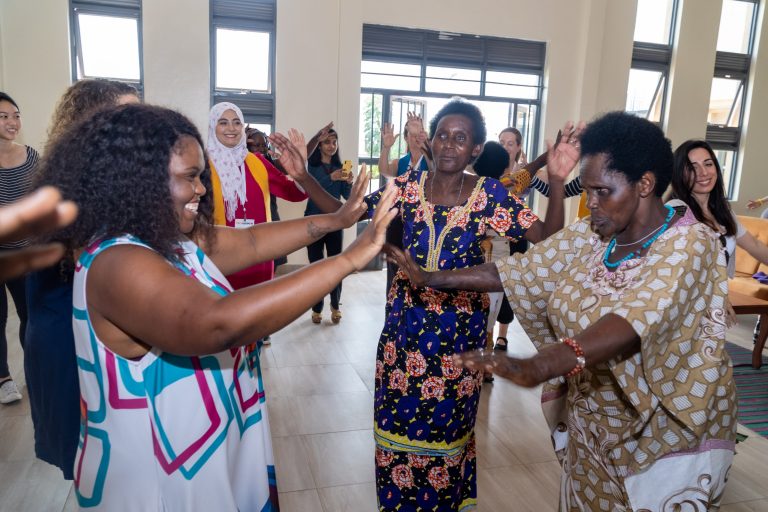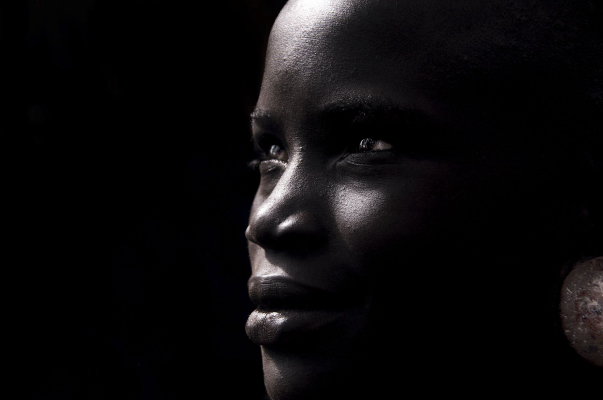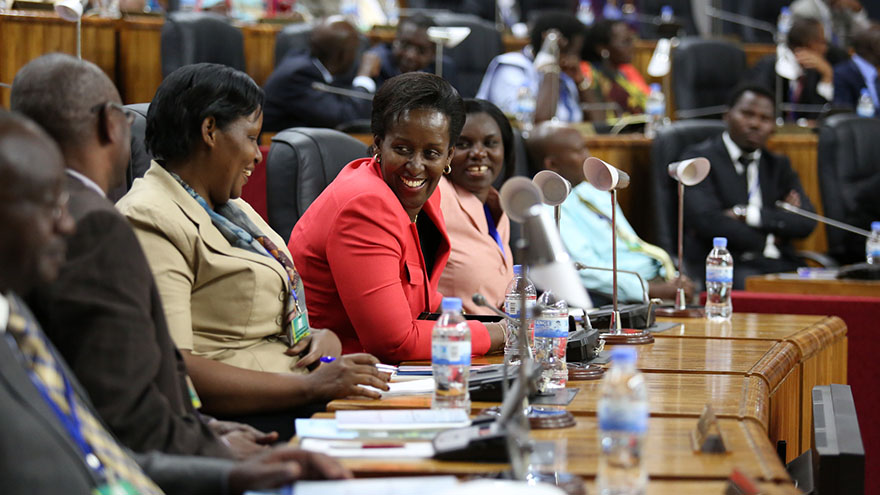Dr. Claire Karekezi is the first female Neurosurgeon in Rwanda. She graduated as a Doctor of Medicine from the College of Medicine and Health Sciences at the University of Rwanda.
She completed her Neurosurgical training at the Rabat Training Center for African Neurosurgeons, Mohamed V University of Rabat, World Federation of Neurosurgical Societies (Morocco), and graduated in 2016.
Early Life
Karekezi was born in Butare, Rwanda. Mr. Karekezi Sr., her father, was a telecommunications engineer, and Mrs. Musine, her mother, was a high school teacher. Karekezi grew up in Kigali, the capital city of Rwanda, where she and her two older siblings received their early education. She enjoyed science as a child, and after sixth grade in elementary school, she majored in mathematics and physics in high school.
She met the admissions criteria for medical school and studied general medicine in Butare at the University of Rwanda College of Medicine and Health Sciences, graduating as an MD in March 2009. During her time in Butare, Karekezi had her first exposure to neurosurgery, an experience that changed the course of her life.
She was further enrolled in several neurosurgical fellowships with a special interest in Neuro-Oncology and Skull Base Surgery at the Brigham & Women’s Hospital, a teaching affiliate of Harvard Medical School (Massachusetts, USA) International Visiting Surgeon Fellow.
Career Path
Dr Karekezi later completed a Clinical Fellowship in Neuro-Oncology & Skull Base Surgery at the University of Toronto, Toronto Western Hospital (Canada) before returning to Rwanda in August of 2018 to become the country’s first female Neurosurgeon.
She is currently a Consultant Neurosurgeon at Rwanda Military Hospital. She also serves as the Chair of the African Women in Neurosurgery (AWIN) and is a member of multiple national and international neurosurgical societies.
Karekezi has led numerous projects on the history of women in neurosurgery and their current status on the African continent, highlighting the underrepresentation of women in leadership positions and academic neurosurgery, particularly in Sub-Saharan Africa. She continues to raise awareness about the need for more experienced female neurosurgeons in order to assist other young women in overcoming various obstacles inherent to the field. She is also an advocate and inspiration for other young women who wish to pursue STEM fields (science, engineering, technology, and mathematics)
We celebrate you Dr. Claire Karekezi








